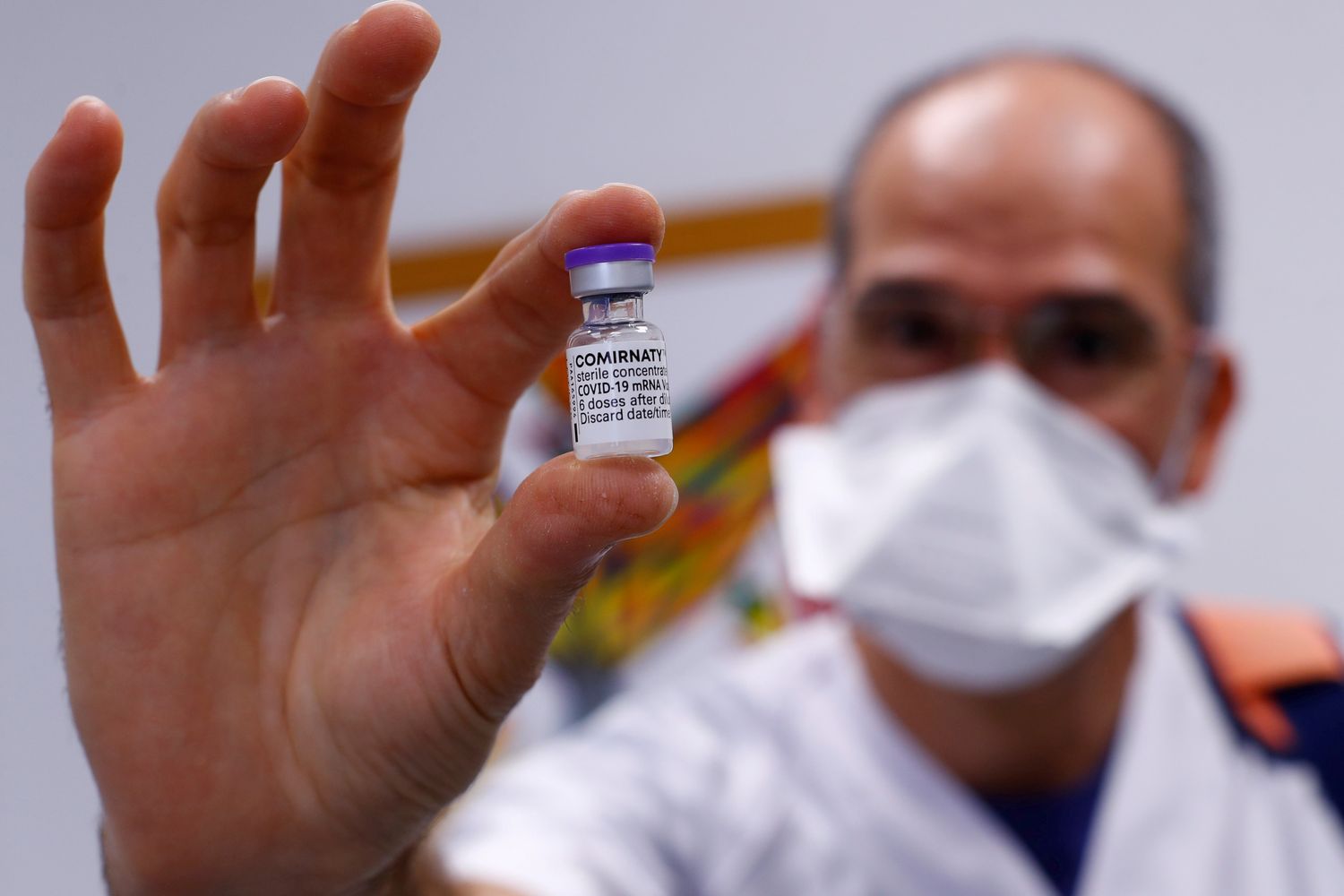
Thailand is waiting for price quotes from US-based Pfizer Inc before the country can buy 5-10 million doses of Pfizer/BioNTech Covid-19 vaccine to be shipped from July to December this year, according to the prime minister.
Gen Prayut Chan-o-cha said on Tuesday the National Vaccine Institute had been in talks to make a purchase and was waiting for the price quotes and conditions from the Manhattan-based company.
“I can’t confirm [whether Thailand will get it or not] but if all goes well, 5-10 million doses can be delivered as soon as July. The government is not dragging its feet,” he said during a briefing.
He added he had responded to calls, especially from social media users, to buy vaccines from manufacturers other than the two it had already bought — AstraZeneca and CoronaVac by Sinovac Biotech.
The premier explained he had set up a panel to consider “alternative vaccines”.
“Initially, the purchases Thailand made were based on the situation at that time, when we were very successful in containing the outbreak,” he said, perhaps implying that the government did not realise the importance of vaccinations in a country that received almost 40 million foreign tourists in 2019, the source of about 20% of its gross domestic product.
Back then, the government did not want to put people’s lives at risk since some of the available vaccines used untried technology, he said without elaborating.
Now that such vaccines have been successfully used elsewhere, the government allowed the private sector to make proposals and help them buy the shots.
“Let me be clear. It’s not that we acted too late or too little. Everything depends on the situation at a given time. We don’t want to subject people to risk when the vaccine was first produced. Several countries opted to do the same,” Gen Prayut said.
He assured the shots Thailand has now were being administered quickly and thoroughly.
“The idea of monopolising local vaccination has never crossed our mind. All we think about is safety. We can’t afford to make the shots freely available because they are for emergency use only and the manufacturers won’t be liable for undesirable side effects.
The prime minister said another 500,000 doses of Sinovac Biotech vaccine would likely arrive this weekend and another 1 million were expected in May.
In June, he said, 4-6 million doses of the locally produced AstraZeneca vaccine will be available. More will be shipped in the following months until the total reaches 61 million doses by the end of the year.
To date, the country took delivery of more than 2 million doses. According to the Centre for Covid-19 Situation Administration data, 666,210 shots were administered as of Tuesday.
The AstraZeneca vaccine uses a more traditional viral vector technology — injecting a harmless genetically modified virus to stimulate an antibody. The same technology is used in making the Ebola vaccine.
Sinovac Biotech uses the inactivated virus to cause bodies to produce an immune response. This technology is used in making rabies, hepatitis-A and whooping cough vaccines.
Pfizer uses the messenger RNA (mRNA) technology which has never been used in any licensed vaccines in its Comirnaty Covid vaccine. Part of the virus' genetic code is injected into the body, triggering it to begin making viral proteins, but not the whole virus, which is enough to train the immune system to attack.

